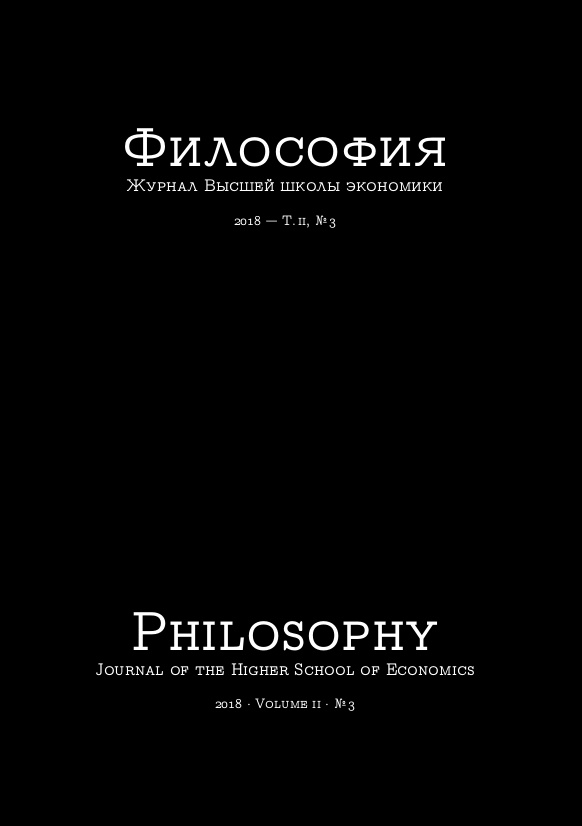«Свобода» и «воля» древнерусского человека
Аннотация
В статье на материале широкого круга источников рассматриваются представления о свободе в Древней Руси XI–XV вв., анализируются значения понятий «воля» и «свобода» и прослеживается их эволюция. «Свобода» древнерусского человека всегда распространялась на конкретную ограниченную сферу жизни, будь то свобода от греха, долга или болезни. Она могла сочетаться с зависимым состоянием: автор «Слова Даниила Заточника» мечтал одновременно о статусе холопа на службе у князя и о свободе, которую в этом статусе можно получить. Свобода даровалась господином и могла быть получена только от него. Воля, изначально понимавшаяся как воля-желание, позднее приобрела значение свободы, впервые зафиксированное в источниках на рубеже XII и XIII вв. В отличие от «свободы», «воля» древнерусского человека выражала идею полной независимости. Воля была правовым понятием; заявление о наличии у кого-либо собственной воли служило политической декларацией. По мере укрепления принципа монархической власти воля-свобода вытеснялась из политического лексикона, а «вольные люди» стали синонимом «лихих людей».






